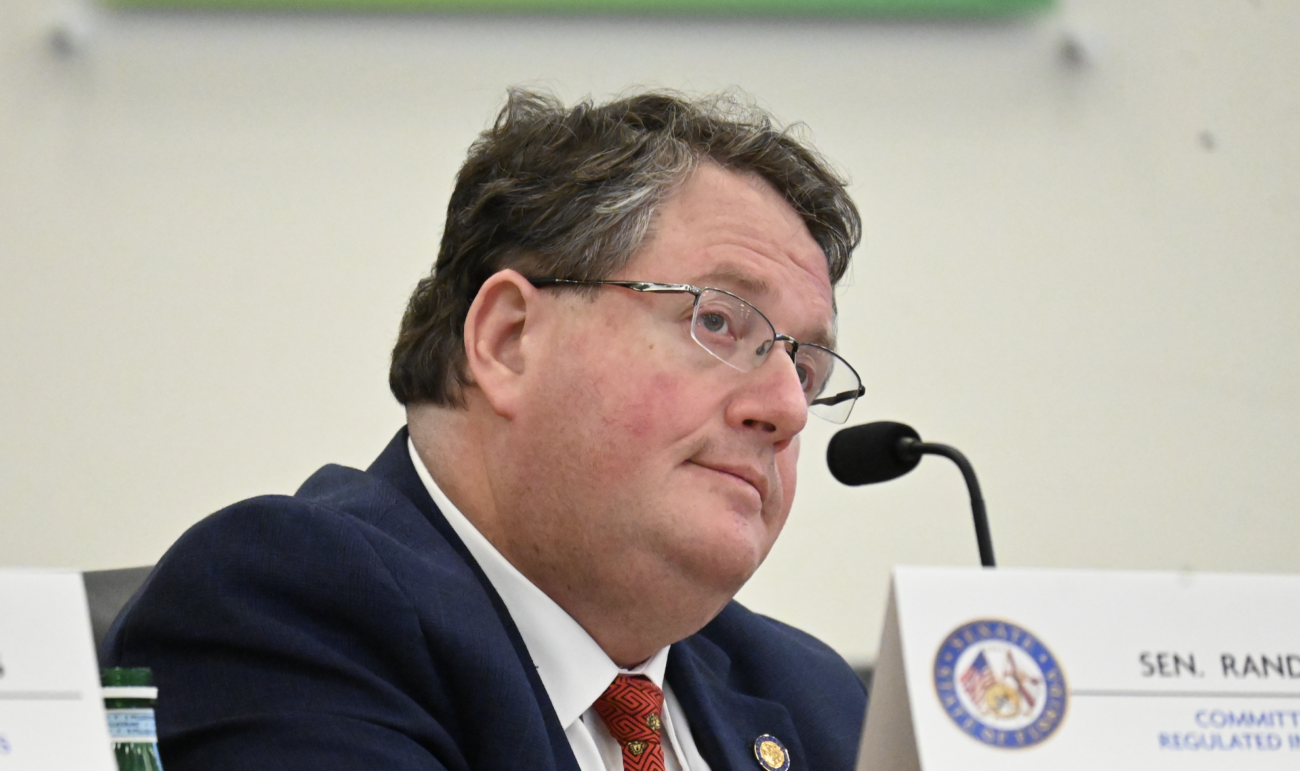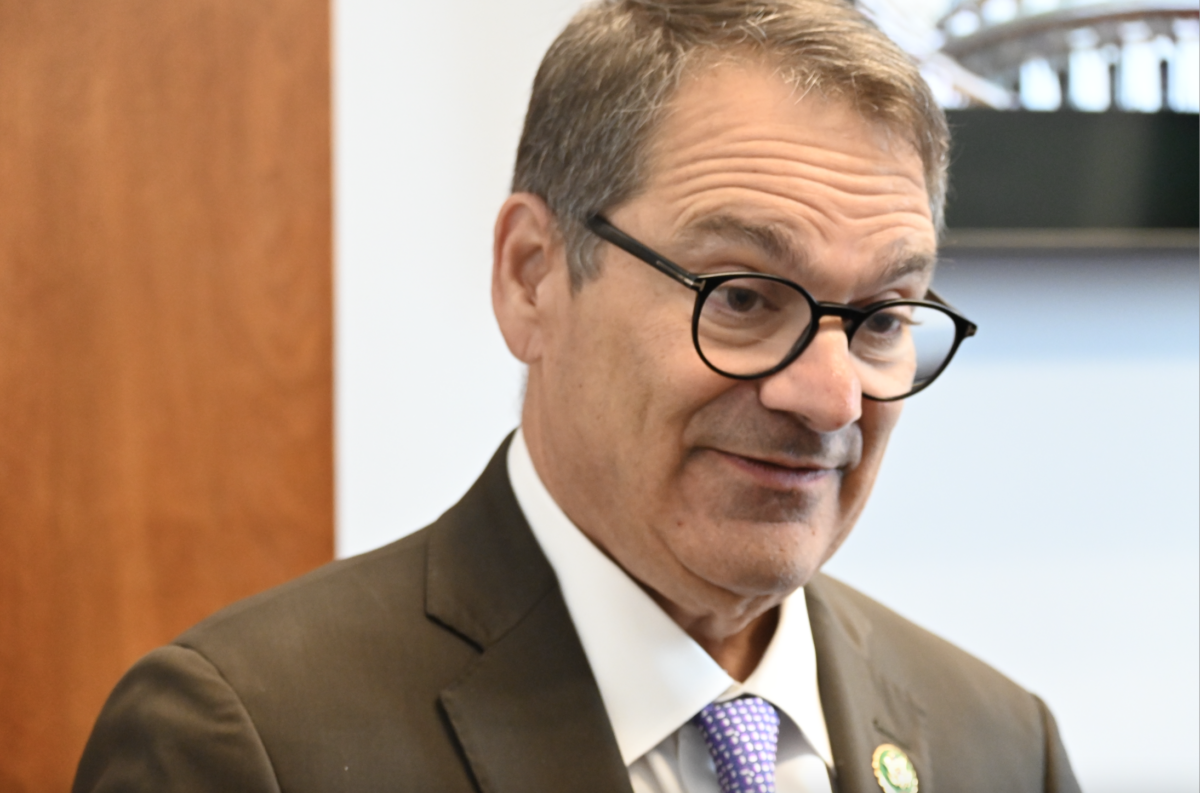The prevalence of transgenderism among children has forced the policy debate on services like Medicaid to consider what must be done in regard to gender reassignment treatments. Making waves in the news is a Californian ex-transgender teenager who opposes Medicaid funds for transgender medical interventions.
Chloe Cole is a 17-year-old girl who previously underwent transgender medical treatment in her early teen years. By the age of 15, Cole had already removed her breasts and had years of hormone treatment under her belt that blocked conventional female puberty from taking place.
The teen recently spoke out in favor of a Florida law that blocks Medicaid funds from paying for medical interventions for gender dysphoria. Cole said about her own experience, "I really didn’t understand all of the ramifications of any of the medical decisions that I was making," Cole added, "I was unknowingly physically cutting off my true self from my body, irreversibly and painfully."
Cole then listed concerns that may impact others who transitioned their gender at such a young age, "I don't know if I'll be able to fully carry a child. I might be at increased risk for certain cancers, mainly cervical cancer." Florida's Surgeon General Joseph Ladapo tweeted about the hearing along with a video of Cole's testimony.
Florida doesn’t support the medicalization of minors with GD because the benefits are unproven, and the risks are extraordinarily high.
Chloe was treated with puberty blockers and testosterone at the age of 13. @ChoooCole was courageous enough to share her story with us. pic.twitter.com/vL8SF5BH0o
— Joseph A. Ladapo, MD, PhD (@FLSurgeonGen) July 10, 2022
For Dr. Ladapo, the issue comes down to the, "medicalization of minors," adding, "the benefits are unproven, and the risks are extraordinarily high," echoing the current status quo in Tallahassee.
Just last month, the DeSantis administration moved forward with the proposal that has since denied Medicaid coverage for transgender medical treatments. The state Agency for Health Care Administration, which runs most of the Medicaid program, published a proposed rule and set a July 8 hearing on the issue. National and state legal and LGBTQ-advocacy groups have vowed to fight the proposal.
The issue centers on treatment for gender dysphoria, which the federal government defines as clinically “significant distress that a person may feel when sex or gender assigned at birth is not the same as their identity.”










